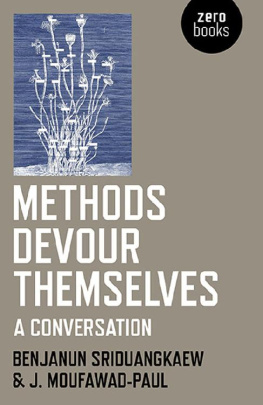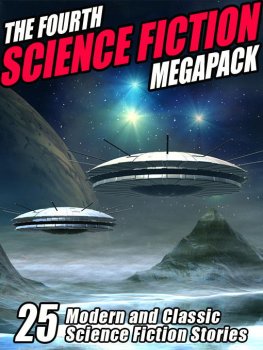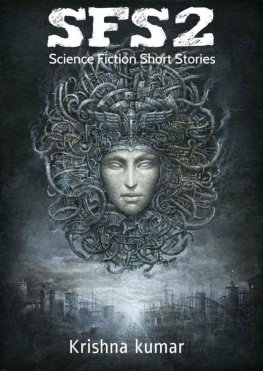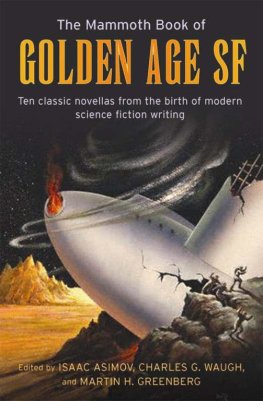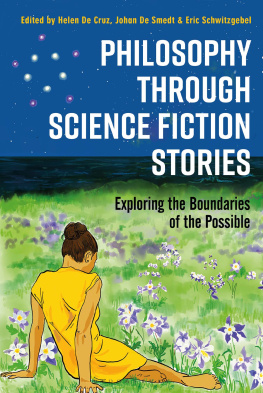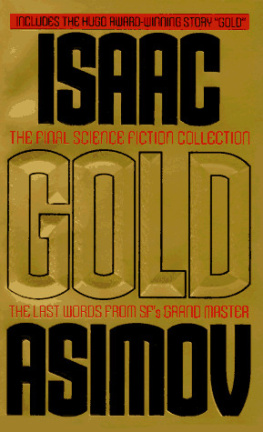What people are saying about
Methods Devour Themselves
Taking their cueand titlefrom Frantz Fanon, Benjanun Sriduangkaew and J. Moufawad-Paul have refused all methodological straitjackets in this genre-defying book. The result is a chaotically dialectical spiral of fiction-critique-fiction whose form is as speculative as its content, imagining new worlds from amid the crumbling wreckage of the old.
George Ciccariello-Maher, author of Decolonizing Dialectics and Building the Commune
Compelling science fiction and evocative instant postcolonial criticism entwined in a mutually reproductive double helix. Every page contains an intellectual thrill.
Nick Mamatas, author of Sensation and I Am Providence
First published by Zero Books, 2018
Zero Books is an imprint of John Hunt Publishing Ltd., No. 3 East St., Alresford,
Hampshire SO24 9EE, UK
www.johnhuntpublishing.com
www.zero-books.net
For distributor details and how to order please visit the Ordering section on our website.
Text copyright: Benjanun Sriduangkaew & J. Moufawad-Paul 2017
ISBN: 978 1 78535 826 5
978 1 78535 827 2 (ebook)
Library of Congress Control Number: 2017949638
All rights reserved. Except for brief quotations in critical articles or reviews, no part of this book may be reproduced in any manner without prior written permission from the publishers.
The rights of Benjanun Sriduangkaew & J. Moufawad-Paul as authors have been asserted in accordance with the Copyright, Designs and Patents Act 1988.
A CIP catalogue record for this book is available from the British Library.
Design: Stuart Davies
Printed and bound by CPI Group (UK) Ltd, Croydon, CR0 4YY, UK
We operate a distinctive and ethical publishing philosophy in all areas of our business, from our global network of authors to production and worldwide distribution.
Contents
J. Moufawad-Paul
Benjanun Sriduangkaew
J. Moufawad-Paul
Benjanun Sriduangkaew
J. Moufawad-Paul
Benjanun Sriduangkaew
J. Moufawad-Paul
Benjanun Sriduangkaew
To dreamers in the margins and those who came before.
There is a point at which methods devour themselves.
Frantz Fanon
Foreword Analogical Assemblages
J. Moufawad-Paul
Fiction and nonfiction are only different techniques of storytelling. For reasons that I dont fully understand, fiction dances out of me, and nonfiction is wrenched out by the aching, broken world I wake up to every morning.
Arundhati Roy
In Science Fiction and Extro-Science Fiction Quentin Meillassoux makes a distinction between two related subgenres of speculative fiction. According to Meillassoux science fiction (SF) is based on an appeal to a coherent science, whether real or imagined, whereas what he categorizes as extro-science fiction (XSF) violates the rule of theoretical laws. The guiding question of extro-science fiction is: what should a world be, what should a world resemble, so that it is in principle inaccessible to scientific knowledge, so that it cannot be established as the object of natural science. This genre distinction is less interesting for literary theory than it is for philosophy. Indeed, if Meillassoux was writing an essay that intended to map the genre his claims about the meaning of science fictionas well as his coining of the imaginary subgenre extro-science fictionwould immediately be undermined. Science fiction is not so easily defined and, once we take into account its long history of sharing genre space with fantasy and horror, the category of extro-science fiction is not as rare in speculative fiction as he seems to believe. The examples of SF and XSF that Meillassoux provides in his extended essay are few and underwhelming. The fact that his analysis is paired with a short story by Isaac Asimov might demonstrate that his awareness of SF is decades out of date and limited to a particular mainstream sample.
But Meillassouxs claims about speculative fiction are not intended to contribute to literary theory or genre history. His seemingly naive claims about literature are meant to function as an analogical argument: Meillassouxs interest is in elaborating a philosophical problem (namely his perspective on Humes problem of causality/induction) and using what amounts to a fiction about fiction to illustrate his position. Hence, while on the surface it appeared as if Meillassoux was making claims about the meaning of literature in this essay, what he was really doing was what philosophers have been doing for a long time with the literature and literary genres they enjoy: mining them for analogical meaning so as to elaborate upon their particular philosophical concerns. The point is not really to explain the meaning of a novel, story, poem, film, or a genre; that is the concern of the literary theorist or the scholar of the history of the arts. Rather, the point is to use this material to elaborate on other concerns that might have nothing to do with the material itself but might be illuminated by analogy.
When we go all the way back to the canonical classics of philosophy we witness this same plundering and slipshod use of the arts. Plato, for example, appropriated Homer and Hesiod to analogically shed light on his arguments despite (and maybe because of) the fact he also despised the ancient poets. Or when we look at the philosophical context from which Meillassoux emerged we cannot help but be impressed by the appropriation of poets such as Mallarm to illustrate a wild variety of competing philosophical perspectives that Mallarm himself would not have known or cared to know. (And Meillassoux, following Badiou and others, has also plundered the poems of Mallarm for his philosophical project.)
This book thus takes its cue from Meillassouxs extended essay about science fiction and for two reasons. The first reason is formal: in its pairing with the Asimov short story, Science Fiction and Extro-Science Fiction was an interesting publication where a philosophical treatment determined by an analogical appeal to a piece of fiction could share space with the latter so that there was some (but limited) dialogue between the realm of fiction and philosophy. The second reason is provocative: the problematical genre categories Meillassoux established and used to justify his philosophical claims should have indicated to anyone familiar with genre literature that there were a lot of writers and fictions that would challenge his categorization, or at least some who would better demonstrate his claims about XSF. The conjunction of these two reasons is the motivation of this project which is inspired by the following concerns: i) to create an extended dialogue between literature and philosophy with the same analogical motivation; ii) to highlight an author who better demonstrated Meillassouxs category of XSF than the examples he chose; iii) to force the philosopher to engage with fiction that is not an artefact (like the work of Asimov who is dead and cannot respond to Meillassouxs engagement) but in fact the product of a living artist who can also respond to philosophical engagement.
When I initially read Meillassouxs essay, and was forced to consider his categorization of XSF, I immediately thought of an author of whom he was unaware. An author who both exemplified and defied his genre categories but whose work I had begun to excavate for similar analogical reasons. This author was Benjanun Sriduangkaew, the contemporary

